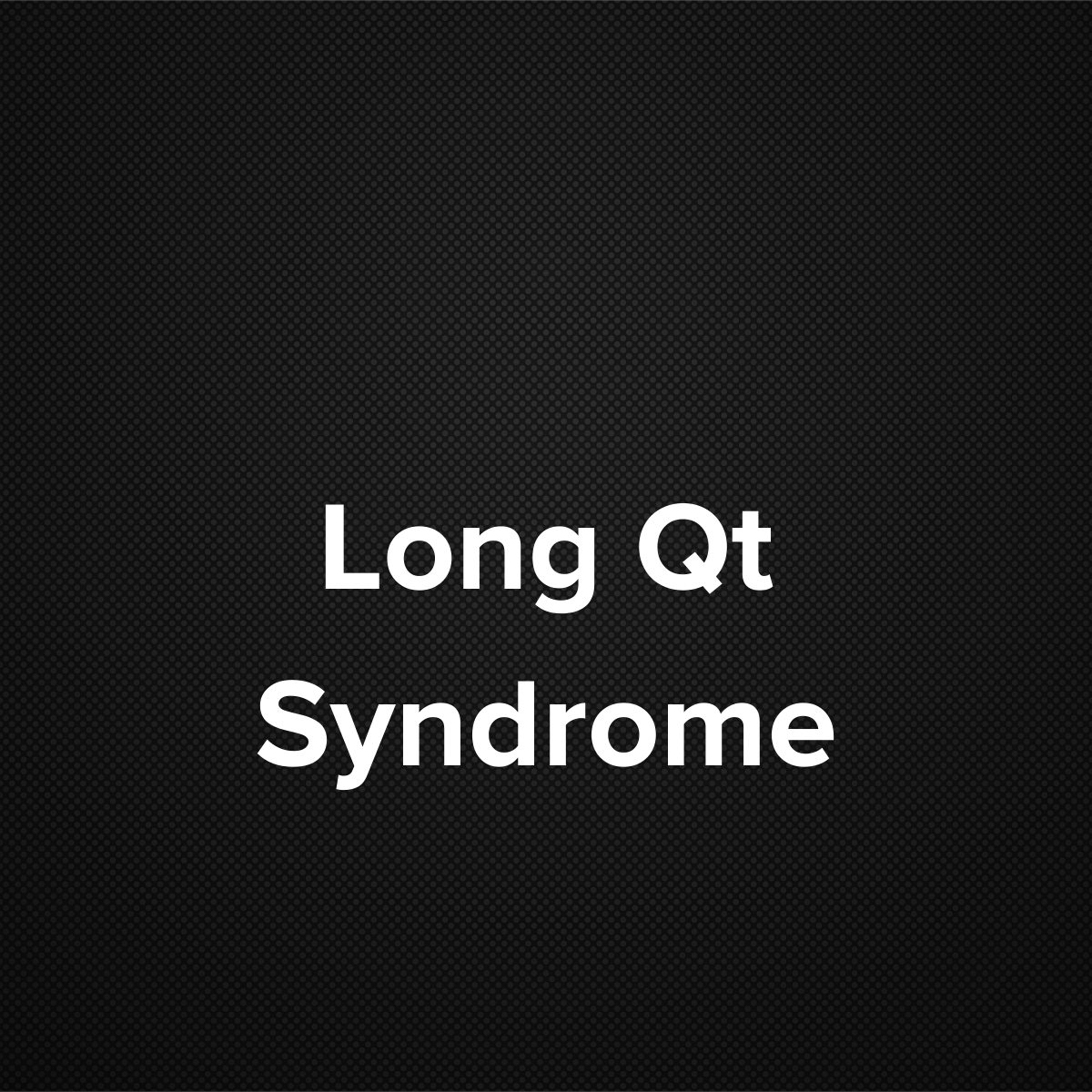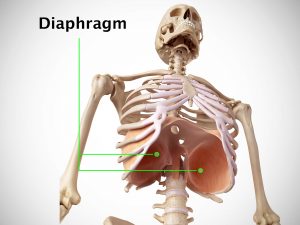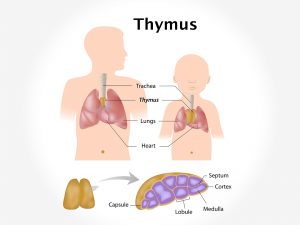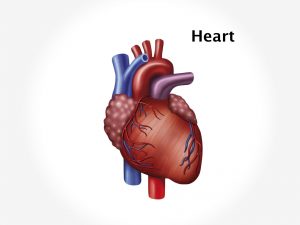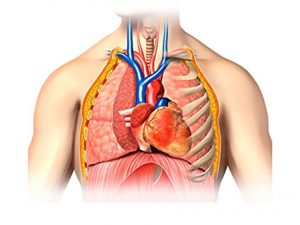Causes and risk factors:
Long QT syndrome is an inherited disorder. It is present since birth .Swimming, emotional stress and strenuous exercises can trigger LQTS. In some cases use of certain medications provoke QT prolongation. Electrolyte imbalance, liquid protein diet can also trigger QT syndrome. It is also seen associated with acute myocardial infarction.
Clinical presentations:
Generally patient can be asymptomatic. A history of cardiac disease or event prior is seen. Syncope attacks, severe palpitation is marked. Sudden death of a young family member can raise the suspicion of LQTS. The patient can present with unexplained seizures and fainting. Arrhythmias are typically seen in LQTS these are termed as ‘torsade de pointes’ (Heart is unable to pump out the blood supply to the body and brain) it can also lead to complications like uncontrolled ventricular fibrillation. (Rapid beating of the heart that occurs due to impaired electrical conduction in ventricles.) Syncope, cardiac arrest and sudden death are the complications seen. It never occurs during sleep and is always preceded by history of severe exercises.
Diagnosis and investigations:
Diagnosing LQTS at times can be difficult. Physical examination generally does not give any clue for diagnosis. Clinical history of sudden death of a young relative or family member raises the diagnostic suspicions to evaluate further. ECG is the diagnostic investigation. Serum electrolyte levels (potassium and magnesium), thyroid function test are done. In addition stress test and Holter monitoring, genetic test is also recommended.
Treatment:
Beta blockers medications are the main line of treatment. In cases of complications like uncontrolled ventricular fibrillation surgical intervention like implantable cardioverter defibrillator (ICD)or pacemaker implantation is needed .Strenuous exercises and emotional stress should be avoided at all cost. Genetic counseling and testing of the patient and the family members is essential. Serum potassium and magnesium levels must be corrected. Medications which reduce these electrolyte levels should be avoided.
The above treatment plan has also been recommended as standard guidelines by American College of Cardiology, the American Heart Association, and the European Society of Cardiology.
